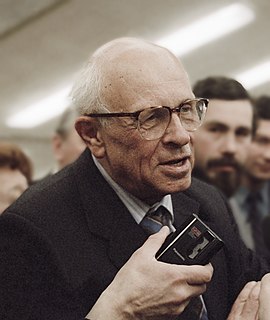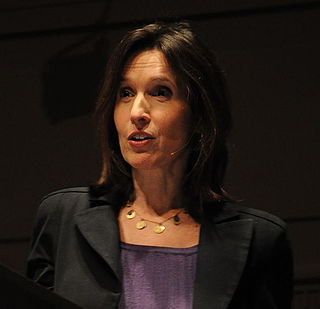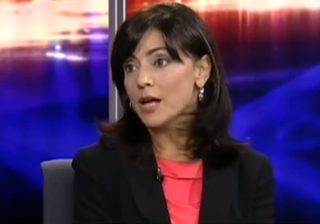A Quote by Noam Chomsky
The polls show that concern over inequality among the general public rose pretty sharply after the Occupy movement started, very probably as a consequence. And there are other policy issues that came to the fore, which are significant.
Related Quotes
The Occupy Wall Street movement, in general, by putting this idea out there that the one percent is leeching off the 99 percent, is making a new discussion, making people figure out how to withhold their labor and come and put their issues on the table with the ruling class all over the country and all over the world.
Now the autumn shudders
In the rose's root.
Far and wide the ladders
Lean among the fruit.
Now the autumn clambers
Up the trellised frame,
And the rose remembers
The dust from which it came.
Brighter than the blossom
On the rose's bough
Sits the wizened orange,
Bitter berry now;
Beauty never slumbers;
All is in her name;
But the rose remembers
The dust from which it came.
On issue after issue, the polls - and these are not snapshot polls; these are polls over a consistent period of time - show that most Americans share what one could call core liberal or progressive values: investment in health care and education over tax cuts; fair trade over free trade; corporate accountability over deregulation; environmental protection over laissez-faire policies; defending Social Security and Medicare over privatizing them; raising the minimum wage over eliminating it. The country prefers progressive alternatives to the failed policies of the conservative right.
I have looked at public opinion polls in France in the late 1940s and early 1950s during the height of Marshall Plan aid. They had a very negative attitude towards the United States then. There were negative attitudes towards the United States because of Vietnam. There were negative attitudes about the United States when Reagan wanted to deploy intermediate range ballistic missiles. I don't think the president should base his foreign policy on American public opinion polls, let alone foreign public opinion polls.
In the 19th century it was basically nationality and people trying to define their nationalism and create states which would reflect their nationalism. In the 20th century, ideology came to the fore, largely, but not exclusively, as a result of the Russian Revolution and we have fascism, communism and liberal democracy competing with each other. Well that's pretty much over.
I returned to Kabul after a 27-year absence. I came away with some optimism but not as much as I had hoped for. The two major issues in Afghanistan are a lack of security outside Kabul (particularly in the south and east) and the powerful warlords ruling over the provinces with little or no allegiance to the central government. The other rapidly rising concern is the narcotic trade which, if not dealt with, may turn Afghanistan into another Bolivia or Colombia.
we should reject the attempt to divert the national conversation away from soaring inequality toward the alleged moral failings of those Americans being left behind. Traditional values aren't as crucial as social conservatives would have you believe ? and, in any case, the social changes taking place in America's working class are overwhelmingly the consequence of sharply rising inequality, not its cause.
I can say with absolute confidence that the general public of Burma would be very little affected, if at all, by sanctions. So far, the kind of investments that have come in have benefited the public very little indeed. If you have been in Burma long enough, you will be aware of the fact that a small elite has developed that is extremely wealthy. Perhaps they would be affected, but my concern is not with them but with the general public.




































